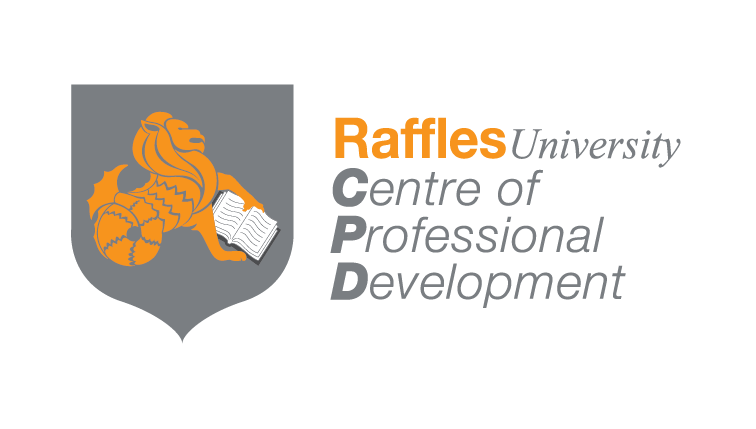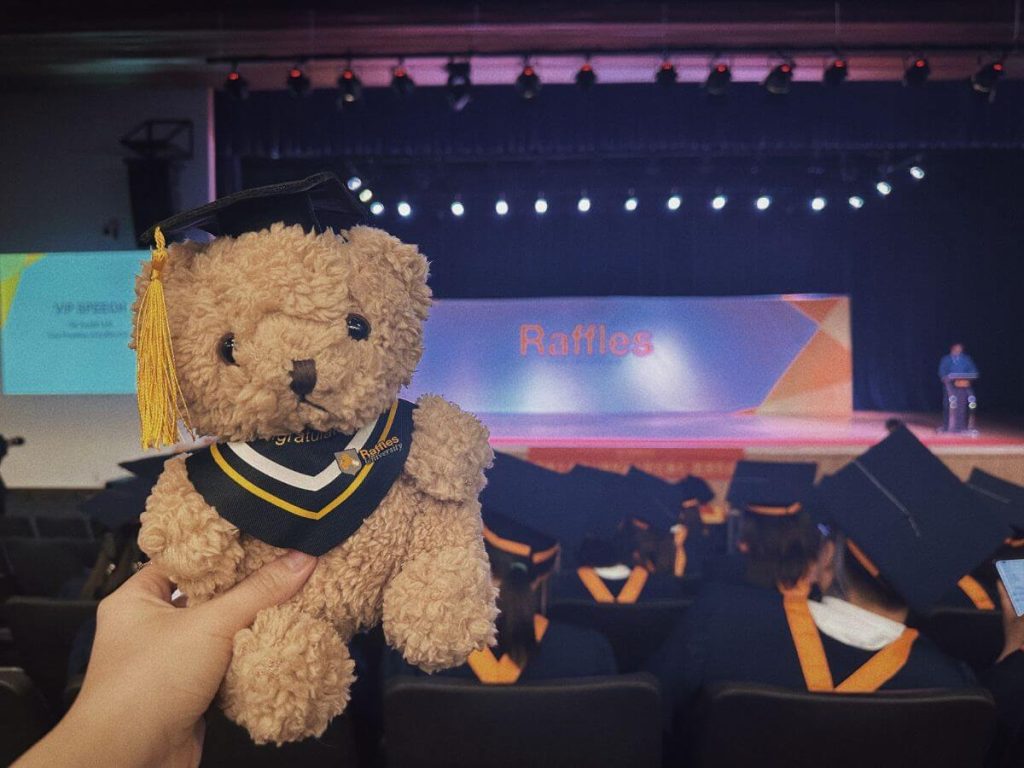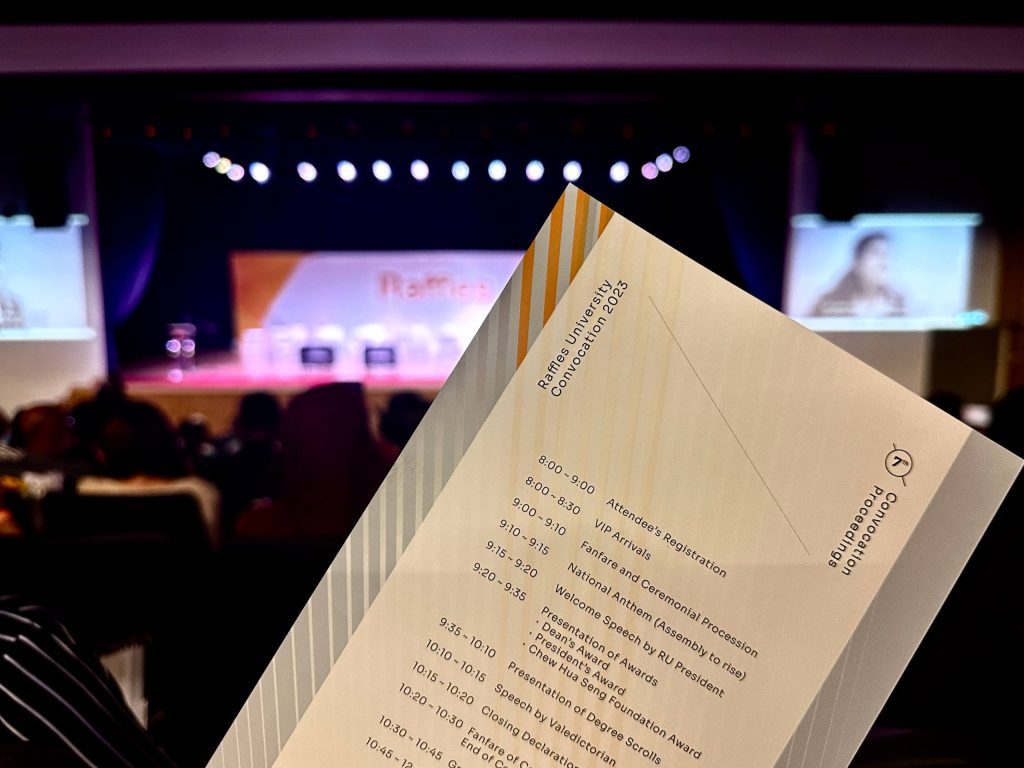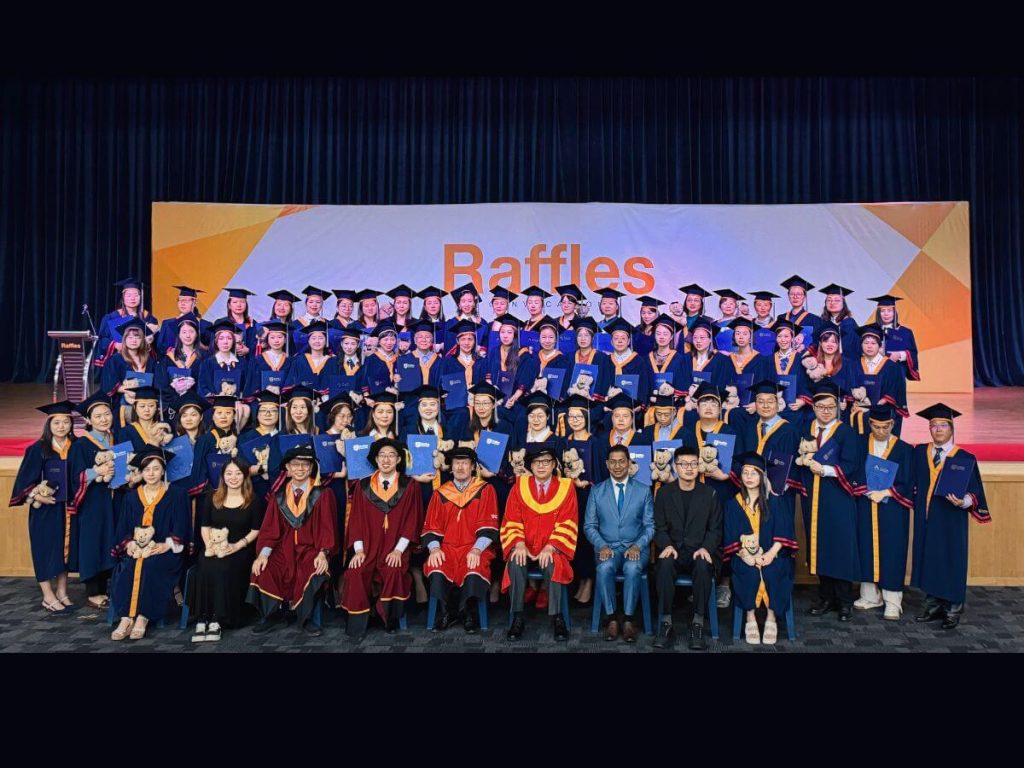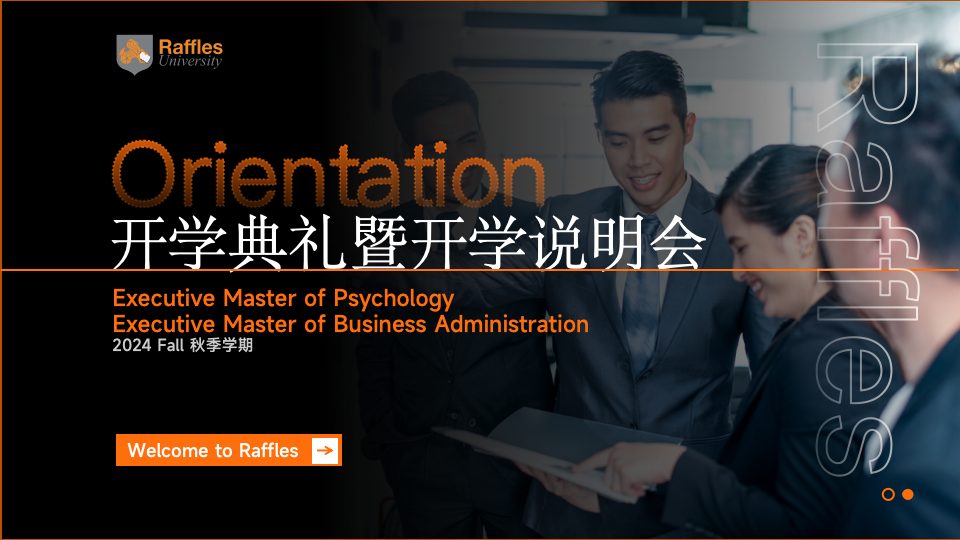
Executive Doctor of Psychology
RAFFLES
RAFFLES
Executive Doctor of Psychology
OVERVIEW
The Executive Doctor of Psychology (EDPY) programme is an terminal degree tailored for senior psychologists and leaders in the field seeking to deepen their understanding and expertise in psychology. The most distinguishing characteristic of this program is its focus on practical application and professional development, designed to graduate students in three years.
This programme provides an in-depth exploration of cutting-edge psychological theories, research methods, and practices. Students have the opportunity to customise their study by specialising their dissertation topics in areas that align with their personal interests, professional goals, and industry experiences. Whether it’s cognitive psychology, developmental psychology, organizational psychology, or any other area, students are encouraged to pursue their passions and make meaningful contributions to the field.
Through this programme, participants will engage in advanced research, critical discussions, and practical applications. They will learn to analyse complex psychological issues, develop innovative solutions, and apply their knowledge in real-world settings. Upon completion, they will be equipped with the leadership, analytical, and counselling skills necessary to excel in their chosen field of psychology and drive positive changes in individuals, organisations, and society.
Programme Length: Three-Year
Programme Delivery Mode: Online Learning
Programme Delivery Language: Chinese
Entry Requirements: A Master’s Degree and with 5 years relevant working experience
Certificate Award: Raffles University Executive Master of Psychology, Executive Doctor of Psychology

PROGRAMME MODULE
Process of Thesis Writing
1. Identifying Research Problems and Objectives
2. Conduct Literature Review
3. Identify Research approach and Design
4. Present Research proposal
5. Conduct Original Research and Collect Result
6. Present Research Conclusion
7. Write a Thesis and submit it as a Dissertation
8. Defend Thesis in an Oral Viva Vace Examination
RECENT NEWS
Enquiry Now
Raffles offers a team of dedicated education consultants and student services to assist students with all their programme inquiries and the admission process. Do not hesitate to contact us for any assistance you may require.
Admission Enquiry: China-Admissions@Raffles-University.edu.my
Student Services: StudentServices@Raffles-University.edu.my
